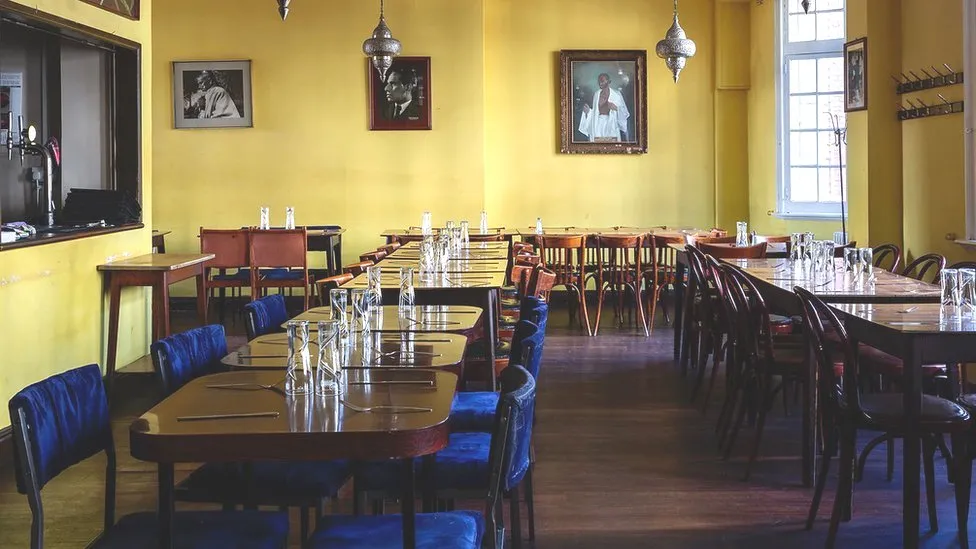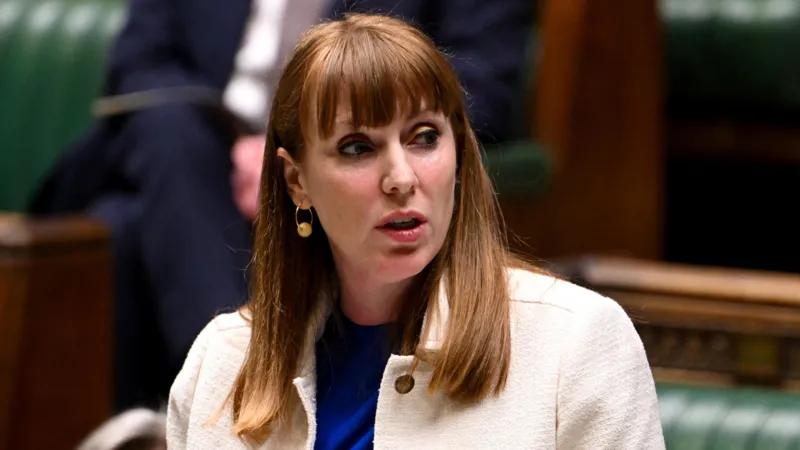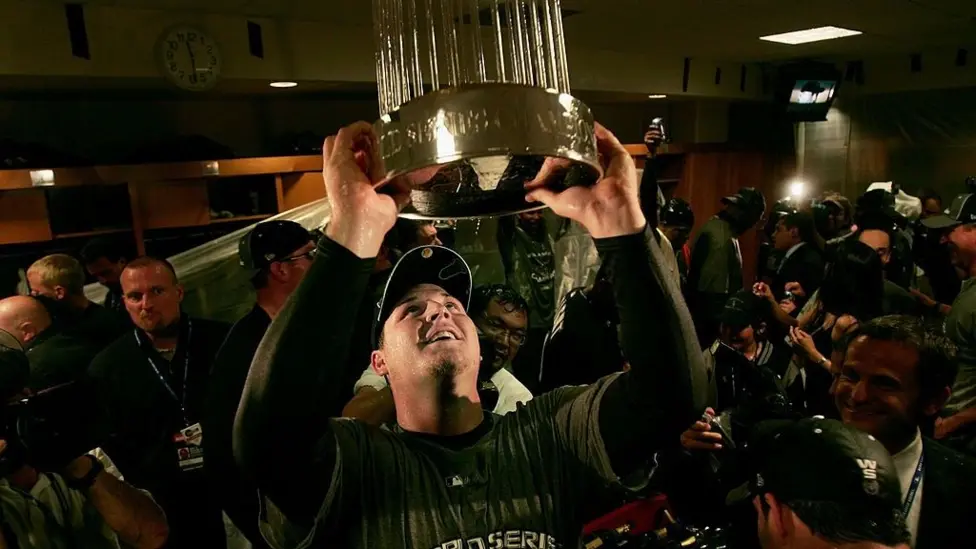India Club in London: Iconic restaurant to shut after 70 years
The place is nondescript; if you don't look for it, you may not find it. And yet, for over 70 years, many Indians in London have sought it out, looking for familiar flavours and faces - a taste of home abroad.

The India Club - an iconic lounge-cum-restaurant and bar - that sits inside the Hotel Strand Continental on a busy stretch of road in central London, has been a historically and culturally significant space for the South Asian community in the city for decades.
It was set up in the 1950s as a place for early Indian immigrants to meet and connect, but now the India Club is set to shut down as the owners of the building it is housed in want to demolish a part of the structure to set up a more modernised hotel.
Many patrons say they are saddened by the news as the closure of the Club will lead to the city losing a part of its history.
The Club has been battling against closure for years. A couple of years ago, its owners - Yadgar Marker and his daughter, Phiroza - won their battle against the demolition after their campaign to save the place received thousands of signatures.
But last week, they told the press that 17 September would be the last day the Club would remain open.
The news has come as a blow to many as the place is steeped in history. Located on the first floor of the Hotel Strand Continental, the India Club was started by the members of the India League - a Britain-based organisation that campaigned for India's independence in the 1900s. India's first prime minister Jawaharlal Nehru is said to have been among the Club's founding members. The Markers bought the lease to the property in the 1990s.
The young Indians saving crumbling ancestral homes
Reports say that India's freedom activists initially used the Club as a meeting space, but later it became a place for people from the South Asian community to forge friendships over shared meals and events.
"In the 1950s and 60s, it was the only place Indians could go to meet people who spoke their language and ate their food," says Kusoom Vadgama, a historian who regularly visited the Club after she moved to the UK in 1953.
"The India Club helped all of us feel a little less alone in our new home," she said, adding that people would often meet there to celebrate birthdays, weddings or even Indian festivals like Diwali - the Hindu festival of lights.
Ms Vadgama grew up under colonial rule in East Africa and moved to the UK to study. Many people from India had also immigrated to the UK in the years following the country's independence, but there were hardly any cultural establishments for the Indian diaspora in London back then, she said.
Indian princess who fought for women to vote in UK
The India Club filled this gaping hole for the community. It served up dishes that were familiar to the Indian palate, such as south Indian staples like dosas (a pancake made from fermented rice) and sambhar (a lentil gravy seasoned with spices); north Indian delicacies like butter chicken (chicken cooked in a buttery curry); Indian street food like pakoras (vegetable fritters) and, of course, coffee and masala chai (milk tea infused with spices).
Even the interiors of the Club were designed to mimic the coffee shops of pre-independence India, where people met to chat about culture and politics over cigarettes and cups of chai. The chandeliers, Formica tables and straight-backed chairs of the Club have remained largely unchanged since it was set up more than 70 years ago.
In an ode to its rich socio-political history, the walls are lined with portraits of prominent Indian and British personalities who visited over the years, such as Dadabhai Naoroji, the first British Indian MP, and philosopher Bertrand Russell.
Over the years, the Club became a popular "watering hole" for not just immigrants, but people from all walks of life, including journalists and for various India-British groups and associations.
Journalist and author Shrabani Basu remembers frequenting the restaurant with fellow journalists in the 1980s. "It was one of the few places that served affordable Indian food in central London," she says, adding that the India Club is like the city's "hidden secret", and she loves taking friends and family who visit from India there.
Smita Tharoor, a motivational speaker, says her father Chandan Tharoor, who was one of the Club's founding members, had a lot of fun stories about the place which he frequented as a bachelor, including one about "a bar lady who would refuse to serve drinks to men she thought were drunk".
When he came to visit her in London years later, her father took her to the Club. Since then, Ms Tharoor has become a regular visitor too. "After my father passed away, I held an event at the India Club in his honour. I also held my husband's 50th birthday there," she says. "The India Club has a very special place in our hearts, and it's sad to see it go. Now, only the memories remain," she says.
-bbc







